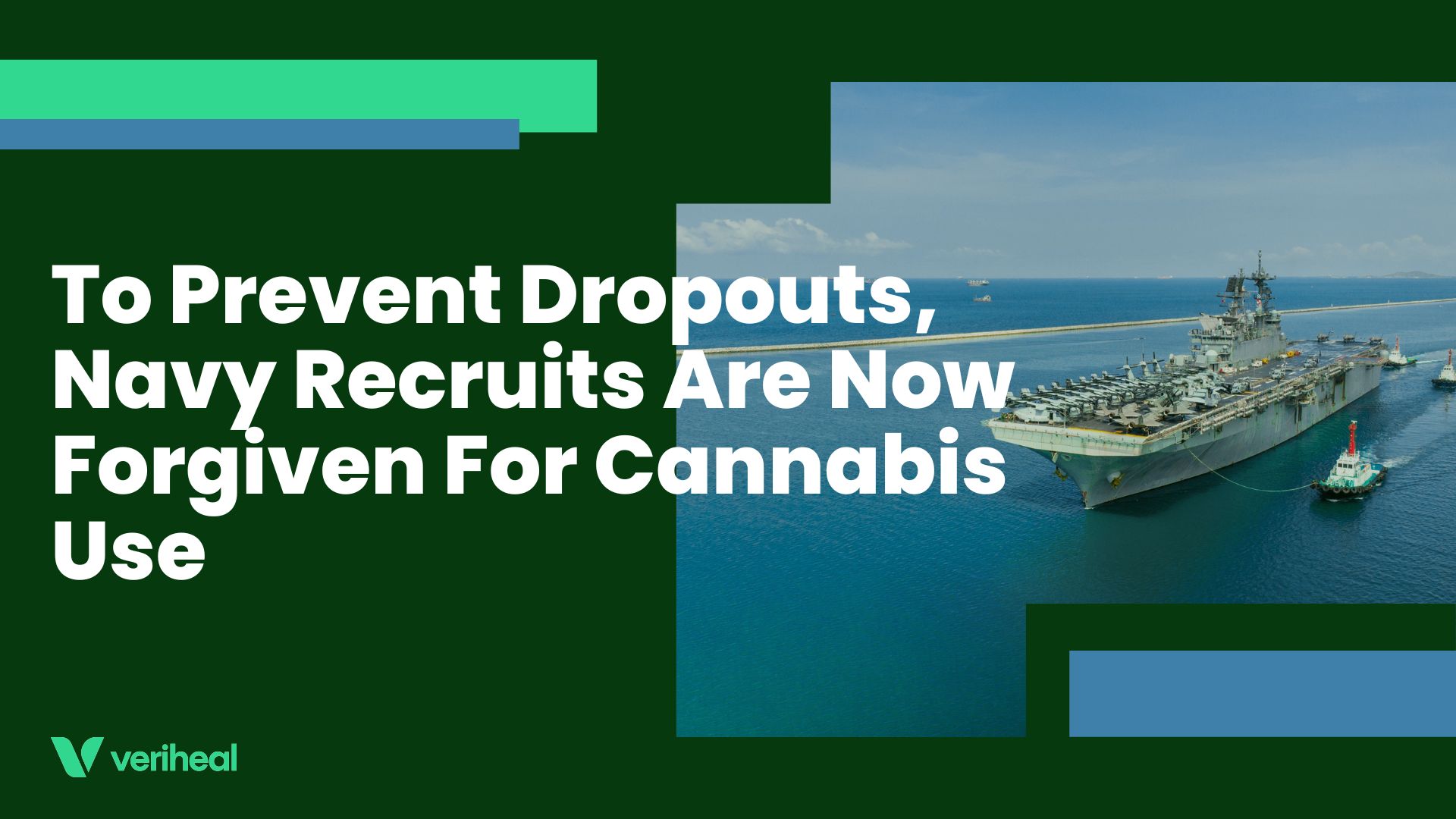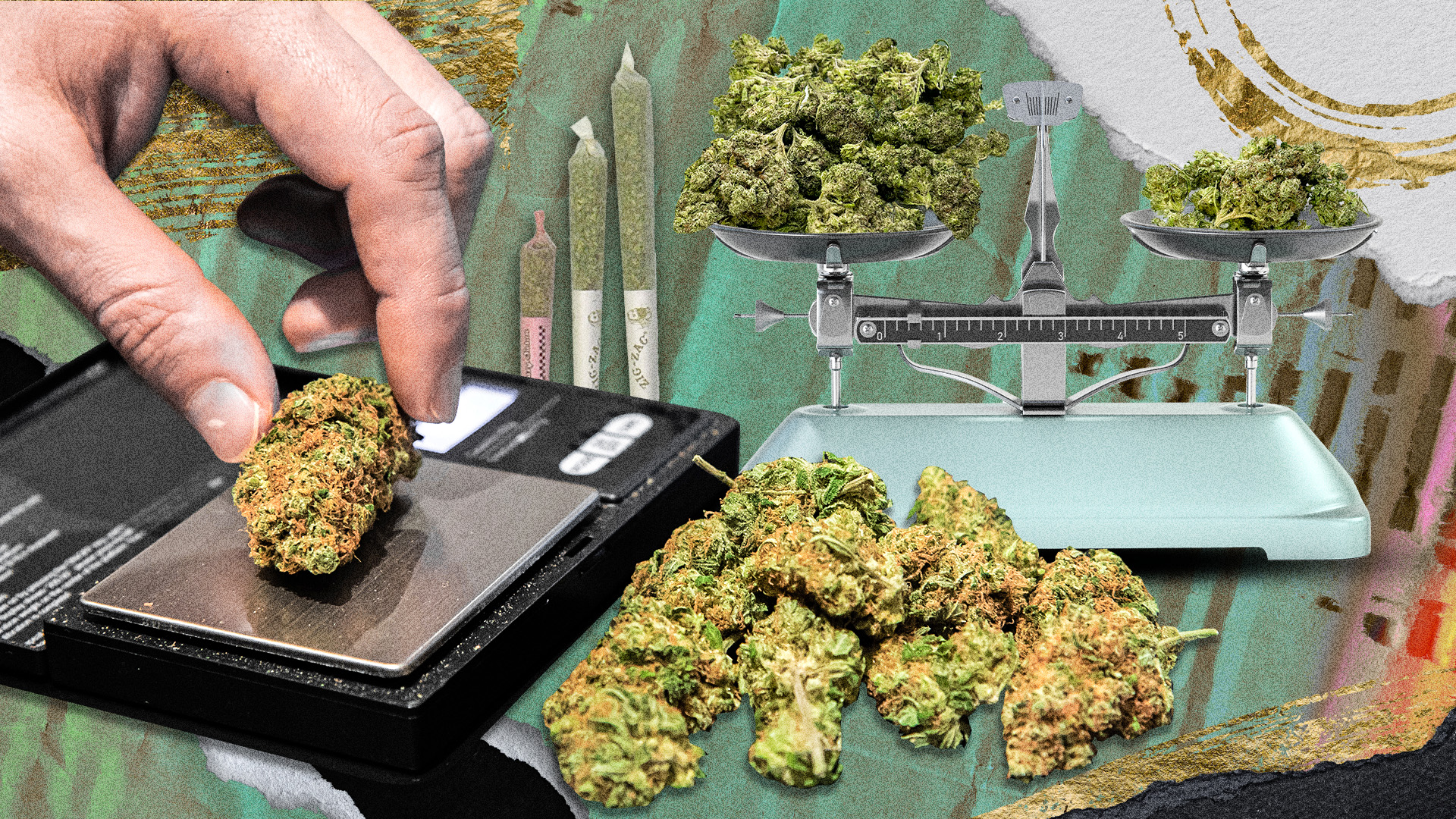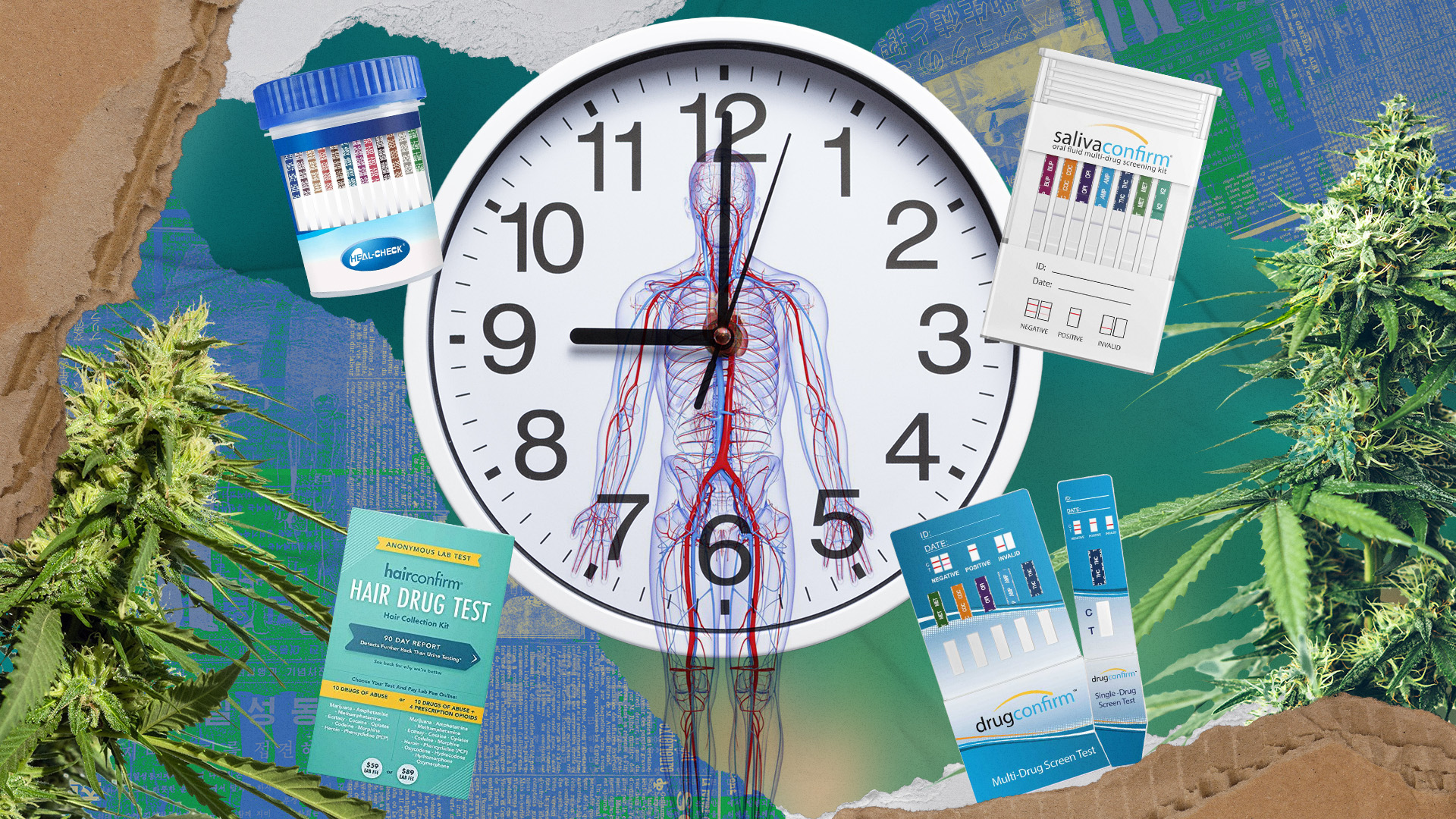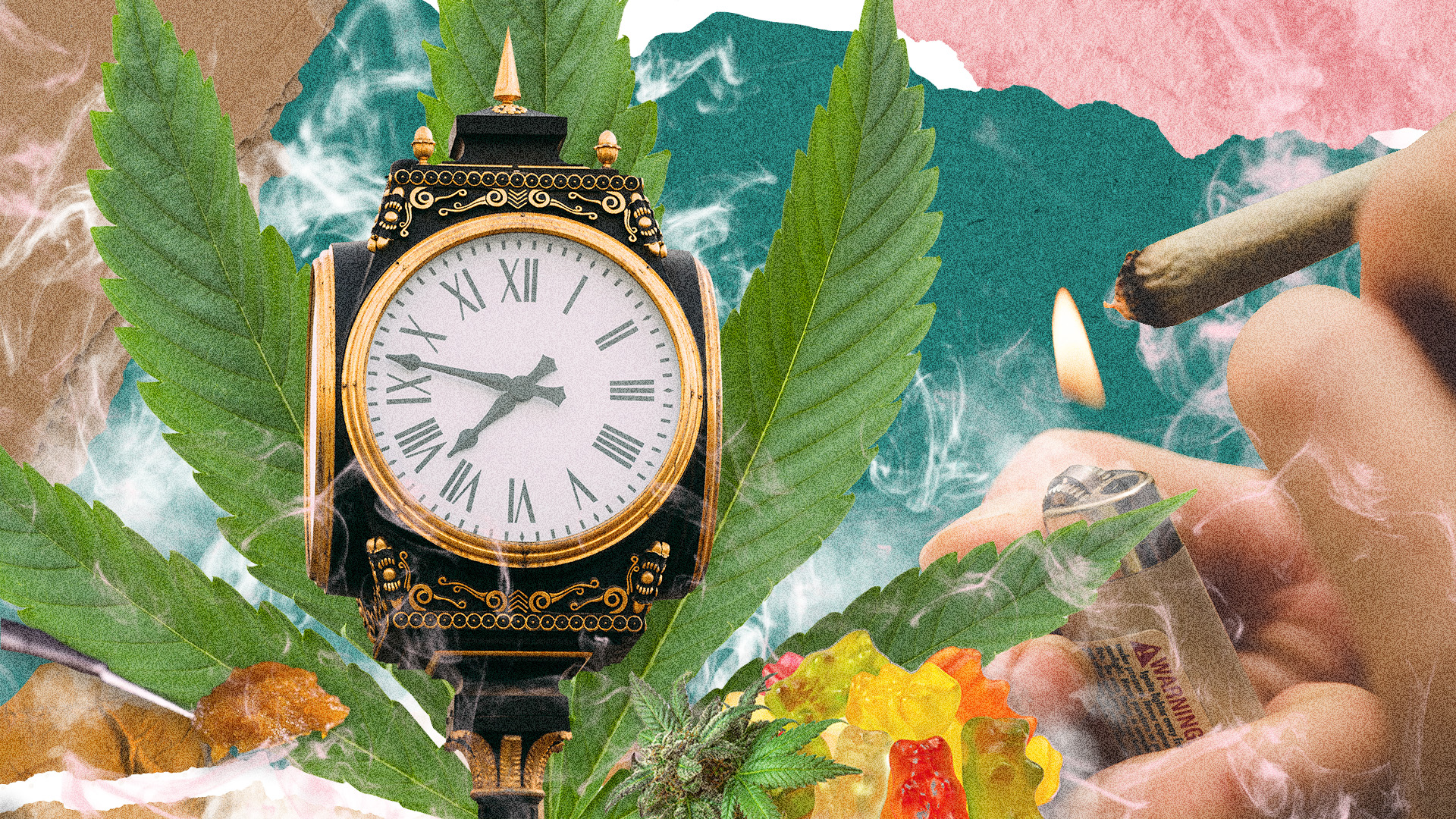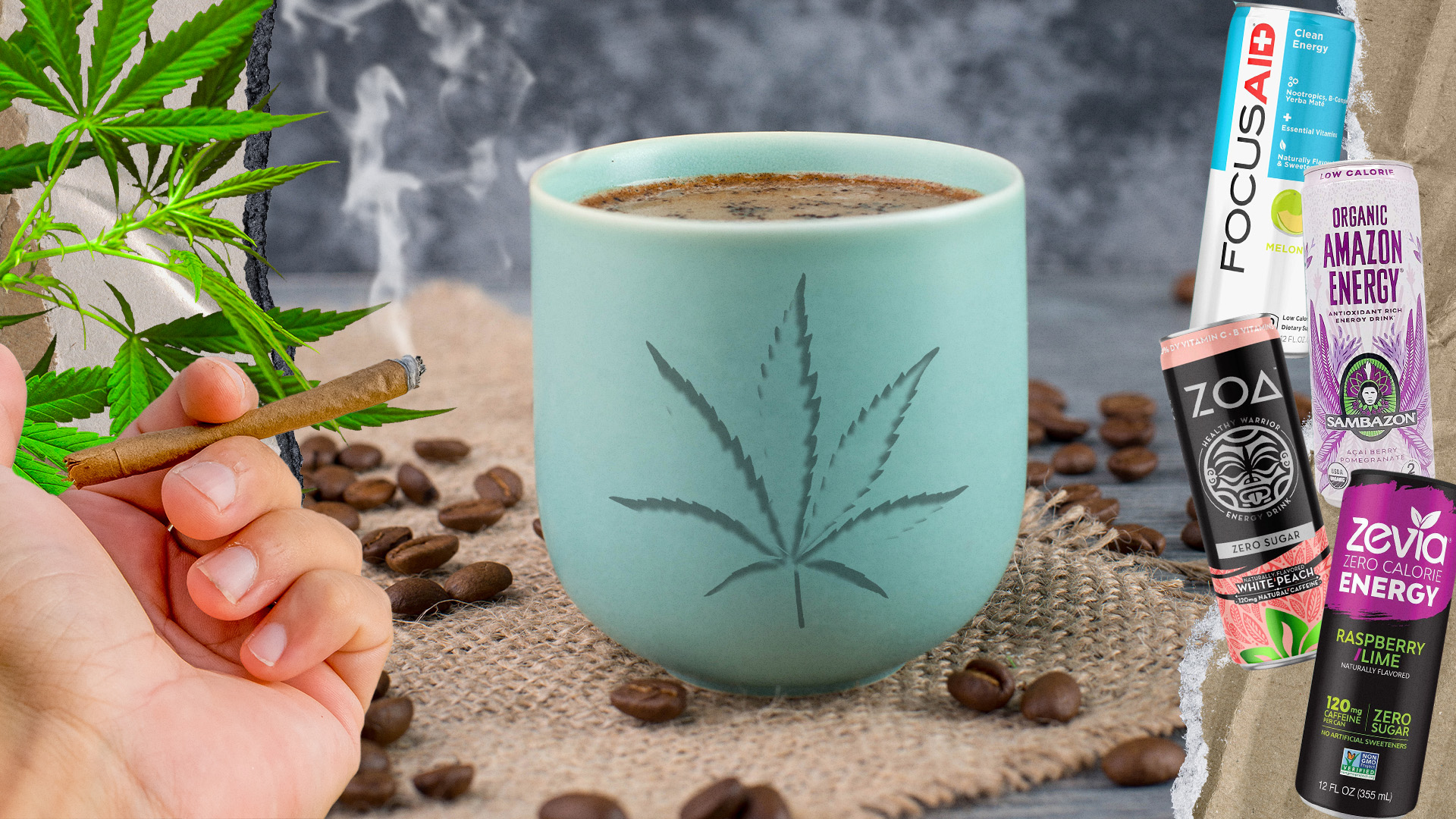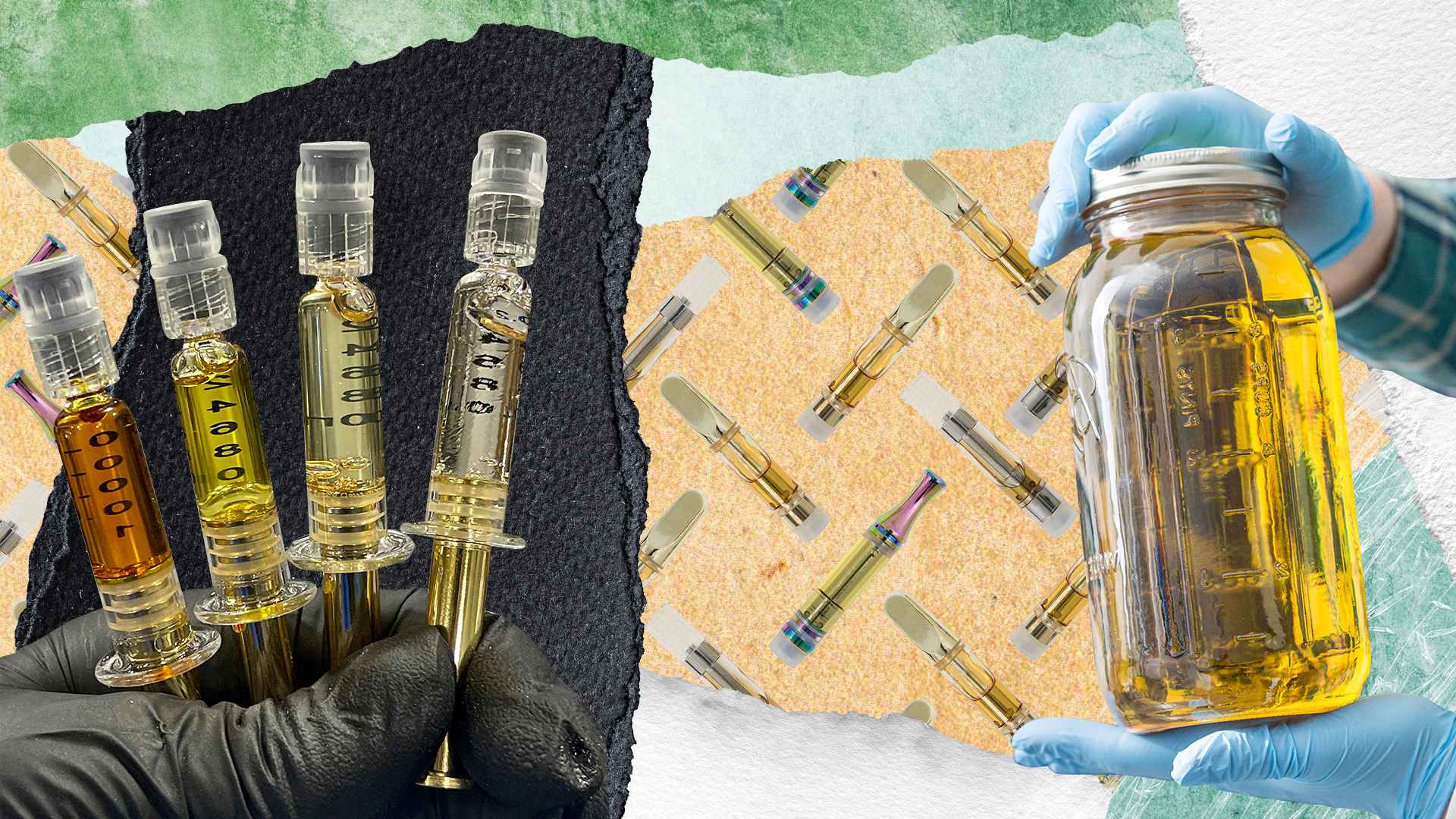Upon arriving at boot camp in Great Lakes, Illinois, Navy recruits are tested for illicit substances. For decades, one of those substances has been marijuana. Although testing positive for any illegal drug was once grounds for immediate disqualification from the service, this is beginning to change.
In a progressive move, Navy recruiters in Great Lakes have stopped kicking out recruits who have detectable amounts of tetrahydrocannabinol (THC) in their systems.
“If they fail that test and own up– ‘Yes, I smoke marijuana’–we do an evaluation of the young person to make sure there’s not something else going on,” Rear Admiral James Waters, the director of the Navy’s military personnel plans and policy division, said in a report. “But we trust that through the process of boot camp that we have an opportunity to bring them along with our culture.” It’s important to note that this policy does not apply to any other drug at this time.
Why You Should Get Your Medical Marijuana Card
Veriheal has satisfied millions of patients nationwide by giving them access to these benefits
- Larger purchase limits
- Peace of mind
- Enhanced legal protection
- Access to higher potency strains
- Save up to 25% on cannabis purchases
- Skip the line at the dispensary
The Navy recognizes that cannabis is now legal for medicinal or recreational use in 38 states, with federal rescheduling or legalization imminent. Additionally, more than half of Americans admit to trying cannabis at least once in their lives. As such, marijuana acceptance is crucial–otherwise, the Navy risks losing a significant amount of recruits each year.
The Navy and other military branches are struggling with the lowest recruitment numbers in years, so policies like this are vital in helping to turn the tide. It seems to be working since the boot camp dropout rate in the Navy has dropped to just 10%, the lowest in years.
This move comes alongside other changes to recruitment, such as a new physical training regimen called the Future Sailor Prep Course. They have also started allowing alternative cardiovascular tests like swimming, rowing, or biking instead of running as the only option.
Waters has stated that he’s not content with the current 10% dropout rate–“I want to get past that.” Will the new marijuana forgiveness help? Will other Navy boot camps and branches of the military adopt similar policies? For now, only time will tell.
Author, Share & Comments











